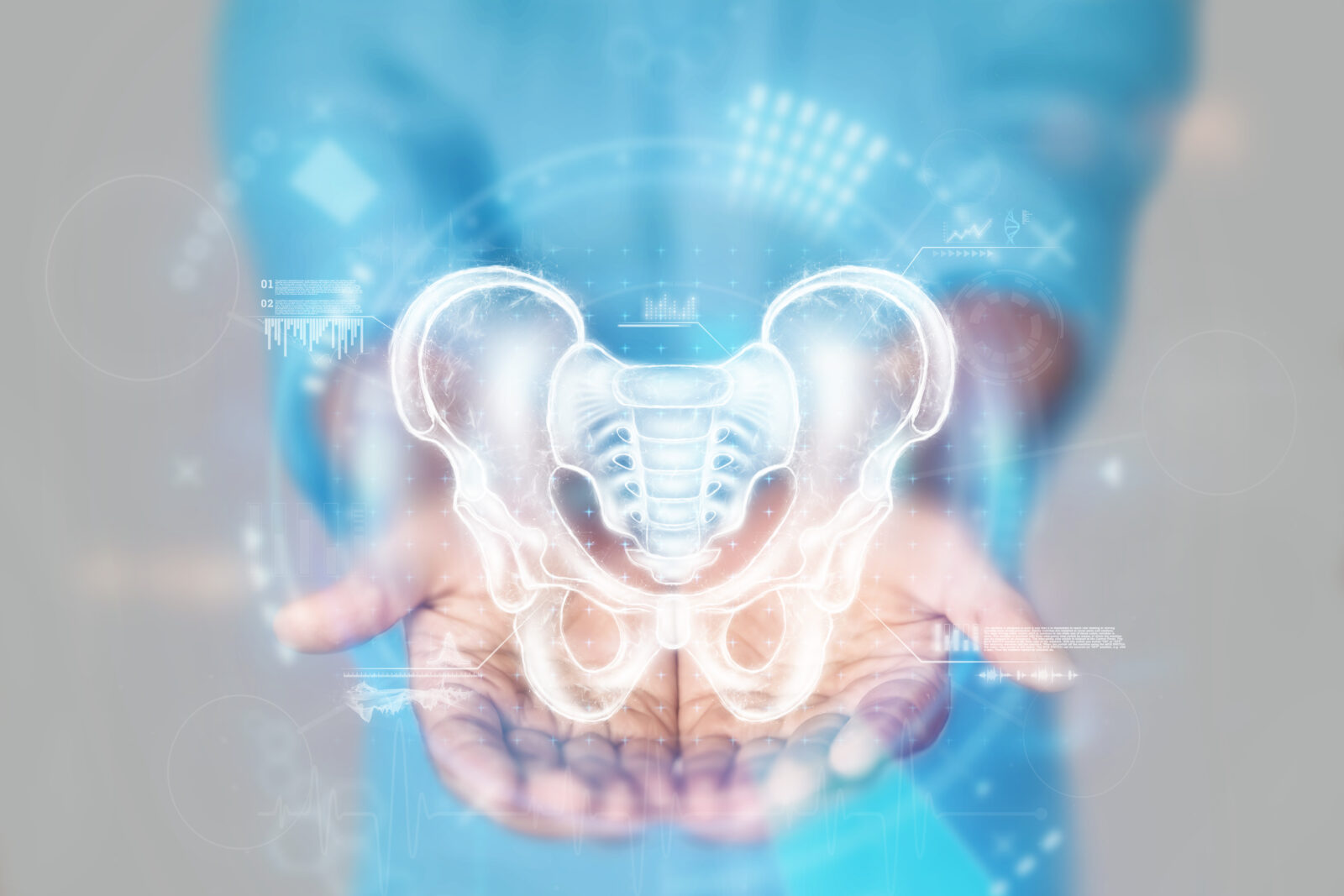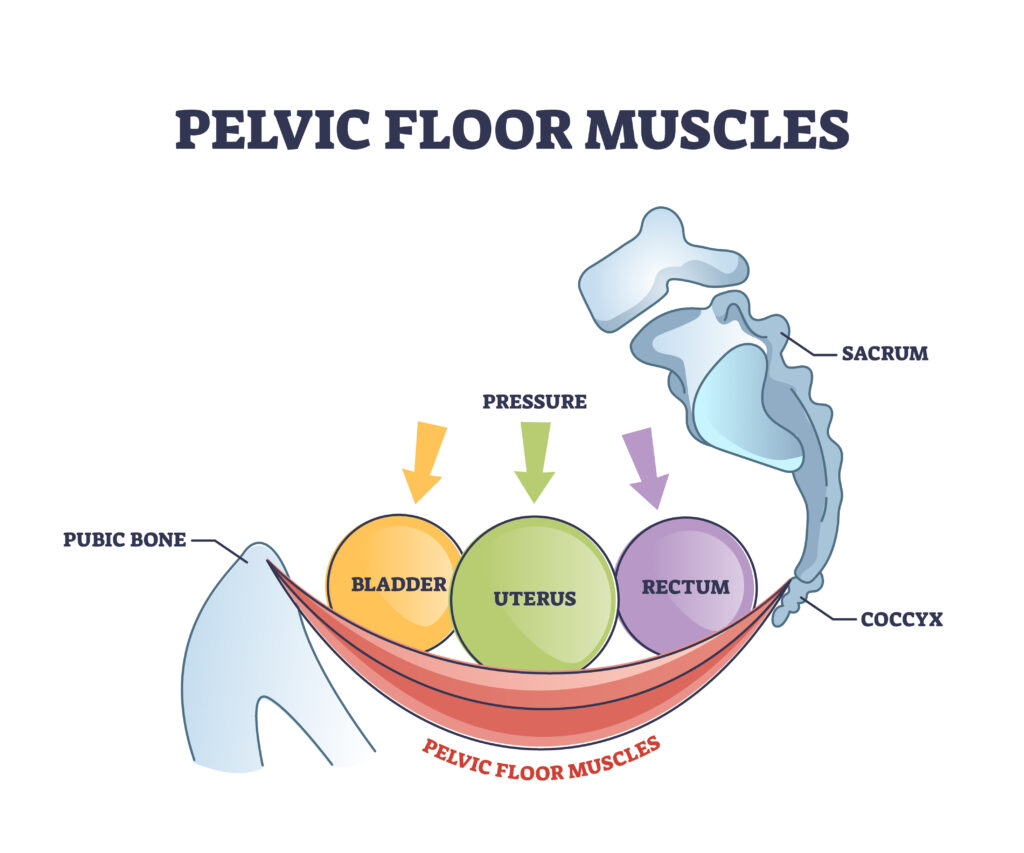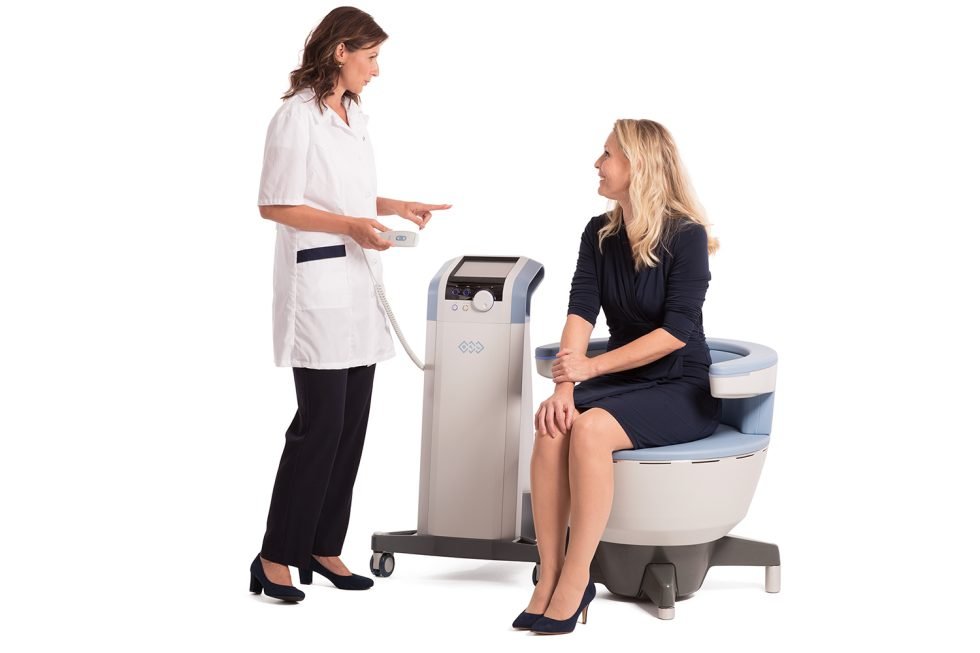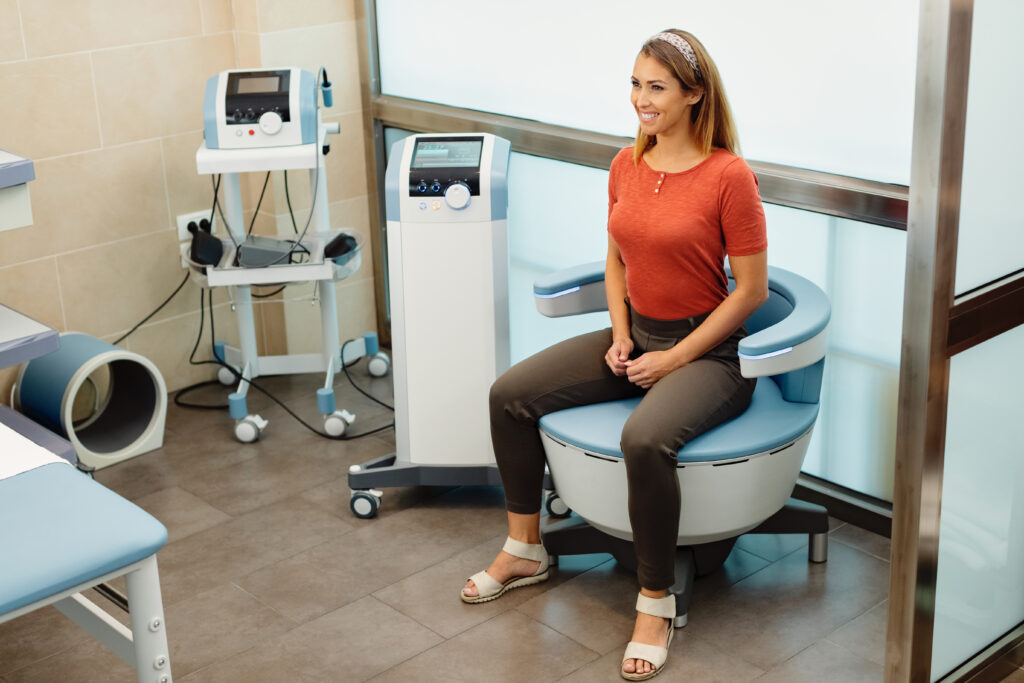Understanding and Improving Pelvic Health: Interview with Dr. Elise Atkins

Dawn, the co-founder of Verima, a wellness sanctuary, and a…
In the realm of overall well-being, pelvic health often remains a topic veiled in mystery or discomfort. However, delving into this essential aspect of our body’s functioning can unveil a wealth of knowledge crucial for maintaining optimal health and quality of life. The pelvic region encompasses a complex network of muscles, ligaments, and organs vital for various bodily functions, including urinary, reproductive, and bowel health. Therefore, understanding and nurturing pelvic health is fundamental for individuals of all ages and genders. I had the opportunity to sit down with Dr. Elise Atkins at her private practice Coastal Vitality MD in Santa Cruz, CA and she helped me to understand how she is helping patients regain their confidence and once again embrace activities that were relinquished due to weak pelvic floor muscles.
Dr. Atkins is triple board certified in Family Medicine, Lifestyle Medicine and Obesity Medicine and after spending 18 years as a primary care provider at a large clinical network, she grew frustrated with limited tools available to truly help people be healthy. “I felt I wasn’t healing disease, but rather managing it. However in 2018, I learned how food and lifestyle can not only prevent, but actually cure diseases like diabetes, fatty liver, arthritis, asthma, and autoimmune disorders, and it was extremely gratifying. “
Dr. Atkins opened her own private practice Coastal Vitality MD in 2023 and she is on a mission to “Help people reverse chronic illness and disease and live their healthiest lives. “
Three of the six pillars of lifestyle medicine are Sleep, Physical Activity, and Social Connection. in this first article of a series, we will discuss specifically how pelvic floor health dramatically impacts these three pillars.
The Pelvic Floor: A Foundation of Strength
Central to pelvic health is the pelvic floor, a group of muscles stretching like a hammock from the pubic bone to the tailbone. These muscles play a pivotal role in supporting pelvic organs, controlling bladder and bowel functions, and facilitating sexual activity. Weakness or dysfunction in the pelvic floor muscles can lead to a myriad of issues, including urinary incontinence (this includes urgency, frequency, leaking while running, coughing, etc,), pelvic organ prolapse, and sexual dysfunction.

Weak pelvic floors is nothing new in any of the mom circles I run in, but I was surprised to learn from Dr. Atkins that, “Pelvic health is not confined to a particular age group or gender. Throughout life’s stages, individuals may encounter various pelvic health challenges that require attention and proactive management.” Additionally, factors such as childbirth, aging, prostate issues, obesity, sedentary lifestyles, prolonged sitting, and certain medical conditions can all impact pelvic health, underscoring the importance of regular screenings, preventive measures, and lifestyle modifications.
With overactive frequency, many people wake several times throughout the night in order to empty their bladders which leaves them feeling physically and mentally exhausted during the day. Additionally, overactive frequency keeps many people home from social activities for fear of being too far away from a restroom for longer periods of time. Even trips to the grocery store can be stressful as people can feel extreme discomfort in the hour it takes to get to the store, shop and return home. I know friends who have canceled entire vacations because the thought of trekking through the airport and not having access to the restroom during taxiing/take-off/landings was paralyzing. Unfortunately, people adjust their lives around this issue without seeking help.
Another symptom of weak pelvic floor muscles is stress incontinence. This includes leaking during stress whether it be coughing, sneezing, laughing, running or jumping. People who suffer from these symptoms generally avoid physical exercise due to the embarrassment caused by such accidents. I know of several women who have unfortunately given up on beloved activities such as yoga, cycling, and dance.
Sexual Health is another area that can be deeply impacted by poor pelvic health. Sufferers can experience decreased sensation, erectile dysfunction for men, and overall inability to orgasm for both sexes. The pelvic floor muscles play a crucial role in sexual arousal and orgasm. When these muscles are weak or dysfunctional, they may fail to provide adequate support and stimulation during sexual activity, leading to decreased sensation and reduced pleasure for both partners.
Meet the Emsella Chair
Dr. Atkins recently invested in the Emsella Chair which uses High Intensity Focused Electromagnetic Energy (HIFEM) technology to contract muscles in a very focused and targeted way. One 30 minute session is the equivalent of doing 11,000 kegels! The chair is FDA approved and the best part is: It is completely non-invasive. Yes, you read that right. Patients walk in, sit on the chair fully clothed and walk out with no pharmaceuticals and no downtime.

The procedure is painless and patients experience tingling, tapping and pelvic floor muscle contractions during the session and are able to resume normal activity immediately after. Some patients feel improvement after just one session, but the prescribed amount is a set of six 30-minute sessions over the course of three weeks (two sessions per week). Dr. Atkins further informed me that patients will usually require a 30 minute “tune-up” session every 3 months or so which she heavily discounts as she simply wants patients to continue enjoying the freedom they feel once their pelvic floor issues have been addressed. A whopping 95% of patients experience relief of symptoms after Emsella treatment which in this humble author’s opinion makes it an obvious first stop before any type of surgical options are explored.

And yes, the almighty Kegel is a fantastic exercise, but Dr. Atkins admits, “ As time goes on we lose .5% of muscle mass per year after 30 (5% per decade). This includes the pelvic floor unless we work very hard to maintain it. Kegels are great, but It’s hard to remember every day, and it’s hard to fit them in. Studies show we have to do 200 daily for 8 weeks just for a small amount of improvement. It’s not that they don’t work, it’s the time and diligence that it requires. “
Pelvic floor physical therapy is another option that is offered and has helped many find relief, but the drawback for many is both the invasiveness and the time commitment to the exercises.
Dr. Atkins’ current patients include men and women from their 30’s all the way into their 80’s and she has been delighted that all of her patients are experiencing improvement of symptoms and returning to more active lifestyles. There are some patients who are not advised to use the Emsella (people who are pregnant, have a pacemaker, metal plates such as hip replacements, defibrillator or if you have a copper coil IUD (other IUD’s okay), but Dr. Atkins offers free consultations which you can book online and meet on telehealth, so there is no cost to learn more and see if this treatment can help you.
Empowering Wellness Through Education and Advocacy
Breaking the silence surrounding pelvic health is paramount in promoting awareness, empowerment, and access to resources for individuals worldwide. Initiatives aimed at destigmatizing discussions about pelvic health, enhancing education on preventive measures and treatment options, and advocating for inclusive healthcare policies are essential steps toward fostering holistic well-being for all. By prioritizing pelvic health as an integral component of overall wellness, we can pave the way for healthier, happier lives and a future where no one’s well-being is sidelined or overlooked.

Where: Coastal Vitality MD 2112-A Soquel Ave, Santa Cruz, CA 95062
Phone: (831)400-5665
What: Emsella Chair Sessions
Cost: $1800 for six 30-minute sessions. $150 for follow-up 30-minute sessions
Dawn, the co-founder of Verima, a wellness sanctuary, and a devoted mother of three, embodies the essence of passion and perseverance. Residing in Palo Alto, she seamlessly blends her roles as an entrepreneur, ballet teacher, and health advocate, particularly for PANS, driven by her son's condition. With a life dedicated to wellness, family, and community involvement, including volunteering at local schools and savoring the arts, Dawn is a testament to the power of a purpose-driven existence. Her journey illustrates the formidable force of a mother on a mission, inspiring through her advocacy and commitment to creating a healthier world. Follow her insights and adventures @Verimadawn, where she shares her passion for wellness and the balance of business and motherhood.
